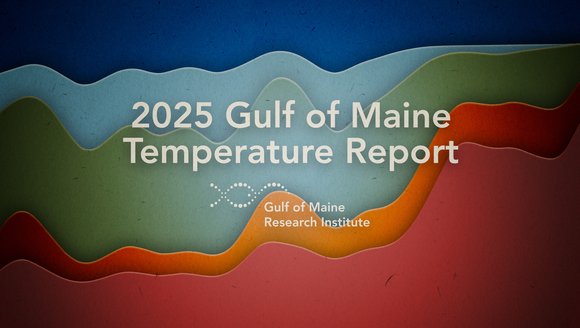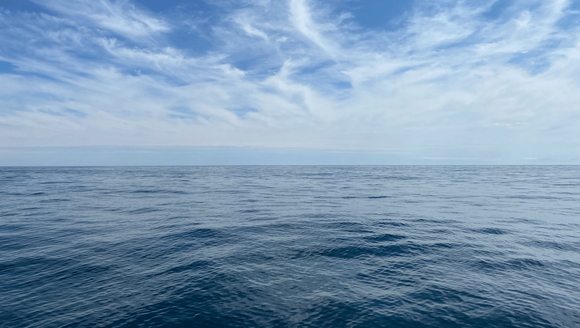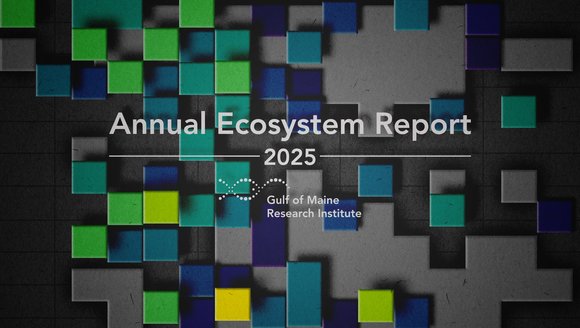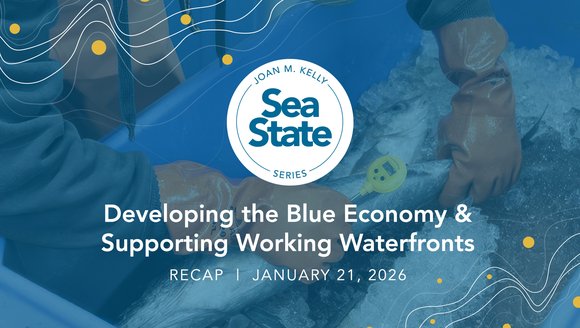Assessing Allocation Strategies for Fisheries Affected by Climate Change
Developing guidance and adaptation strategies for fisheries dealing with shifting fish stocks.
As changing climates change the distribution of fish in the oceans, fishery managers must decide on which fishermen have access rights to shifting stocks. Fishery managers often find decisions to re-allocate fishing access challenging, as they must try to balance fairness with economic viability. Our project aims to develop guidance and adaptive strategies for fishery managers grappling with climate change induced allocation challenges.
Project Goals:
- Develop a logical scheme to categorize fisheries based on their allocation process.
- Categorize major fisheries around the world.
- Identify allocation challenges as stocks shift.
The Problem:
Fishery policies are strongly linked to historical experience. In many fisheries, including some in the US and EU, fishermen are limited to harvesting species they have traditionally caught. Climate change is causing these species to shift across the map (Nye et al. 2009, Pinsky et al. 2013), often moving away from traditional fishing grounds, as well as altering species productivity (e.g., Pershing et al. 2015, Le Bris et al. 2018). If allocation policies remain fixed, fishermen must travel further to catch their traditional species, creating economic inefficiencies. If access shifts with the fish—for example, if fishermen in the north are granted access to species traditionally caught by fishermen in the south, the system will be more economically efficient. However, this transfer of access results in some fishermen losing economic opportunities and social identity.
Fishery policies and fishery management approaches were designed assuming that environmental conditions change gradually and vary within expected bounds. Climate change is causing rapid directional shifts in the environment, and as variance is overlaid on these trends, conditions are moving beyond the bounds of historical experience. These environmental changes are leading to social, economic, and ecological stress in traditional fisheries (Mills et al. 2013). There is a critical need to understand how different allocation systems perform in a changing climate, and to develop best practices for fishery managers trying to adapt allocation policies to meet social, economic, and ecological goals (Pinsky and Mantua, 2014).
The Decision:
Fishery management bodies must decide when and how to adjust access to fish stocks. Such decisions involve trade-offs between social, economic, and ecological goals. As climate change pushes fish from one region to another, managers will increasingly face demands from stakeholders to adjust allocations. There is already evidence of such issues arising within the US and international management systems. For example, Maine has proposed to gain access to black sea bass (a mid-Atlantic species that is moving into the Gulf of Maine) in the context of the Atlantic States Marine Fishery Commission’s state-by-state allocation system, and the recent dispute between Iceland and the European Union over mackerel offers an international example (Ørebech 2013). Unfortunately, the current approach to resolving these issues is typically to solve one particular political problem at a point in time (Stoll et al. 2016), not to develop a durable system that will continue to function well in the face of continued climate trends.
There is a crucial need to develop robust allocation policies that can meet multiple objectives in a changing ocean. Species distribution shifts are already challenging fishery management along the Northeast Shelf. As a result, the Mid-Atlantic Council Fishery Management Council and Atlantic States Marine Fisheries Commission convened workshops to discuss how distribution shifts are related to climate and how quota allocations may need to be adjusted given those changes. This project can contribute directly to these ongoing deliberations. In addition, designing allocation systems that provide some access to emerging fisheries will be critical for enabling fishing communities to adapt to climate impacts on the ecosystem.
The Research Questions:
- What are the key dimensions that define resource allocation systems used in fisheries in the US and abroad?
- How have these systems performed as ocean conditions and fish stocks have changed?
- What are the specific allocation challenges and adaptation options within New England fisheries?
By answering these questions, we will provide fishery managers and fishery stakeholders with guidance that will allow them to discuss trade-offs as they grapple with how to adapt their allocation system to changes in fish distributions.
The Research Approach:
Climate-driven allocation challenges are apparent in many fisheries across the world. A main goal of our project will be to characterize different types of allocation systems used across multiple fisheries and to compare and contrast experiences of climate-affected fisheries operating in different policy contexts. This will allow us to develop strategies and advice that are broadly applicable to a range of fisheries and settings. We will then use the outcomes from our scientific review to launch a discussion among fishery stakeholders in the Northeast about allocation challenges and adaptation options
Read more about this project by visiting a page from our project sponsor, Lenfest Ocean Program.
Project Team
-
![]()
Andrew Pershing, Ph.D.
Adjunct Scientist & Former Chief Scientific Officer
-
![This is the staff photo for lisa kerr]()
Lisa Kerr, Ph.D.
Associate Professor, UMaine School of Marine Sciences
-
![]()
-
![]()
Read Next
-
2025 Gulf of Maine Temperature Report
Over the past decade, our scientists have led a body of research that highlights temperatures in the Gulf of Maine. To keep you informed, we …
Reports
-
Atlantic Meridional Overturning Circulation (AMOC) 101
This 101 explainer breaks down what the AMOC is, how it influences climate, what scientists are observing now, and what a changing AMOC could mean …
Perspectives
-
2025 Casco Bay Ecosystem Monitoring Report
Dive into the latest findings from a decade of nearshore monitoring in one of the world's fastest-warming marine ecosystems.
Reports
-
Sea State Recap: Developing the Blue Economy and Supporting Working Waterfronts
At our latest Sea State Seminar, we turned our attention to the people and places that keep Maine’s coastal economies alive. Framed by the theme …
Perspectives



